Here’s the story. March of 2000. As I was leaving the doctor’s office with two-year-old Clay and four-month-old Emma, I really, really needed the restroom. I locked us in and set Emma in her carrier next to me. I clasped Clay’s hands between mine, gazed into his eyes and told him to stay close. He said, “Ok, mama,” then wriggled away. I watched as he lay prone on the tile, face over the floor drain. The floor was engineered to slope toward the center drain to effectively capture overflowing toilet water. Layers of rubbery brown caulk circled the drain’s edge. I begged Clay to get up, semi-circle swooshing my leg toward him, trying to hook him while bracing myself on the commode. That’s when he cupped his little chubby hands around his mouth, pressed his lips to the drain grate and yelled, “HELLO?!” Pleased with the echo, he yelled it again and again. This split second event unfolded in slow-motion, movie disaster scene fashion, and to this day, it is etched onto the layers of my brain. I can see the mauve walls and hunter green wallpaper border. I can see our attire (Clay: Gap jeans, red Keds. Emma: smocked bubble, socks kicked off. Me: pants around my ankles.) On the drive home, as I planned the temperature and length of Clay’s bath, he blabbered in the backseat to rear-facing Emma about “Ninjin Tuhtles.” I guess that’s who he was communicating with down that drain.
I’ve told that story many times. It’s one of my favorites to tell. As I’ve gotten older, I’ve noticed the glazed looks and patient smiles as I tell the story. It’s the same look, same smile I give my mother when she tells stories about me and my siblings. It’s the same look she gave her mother when she told stories of the Great Depression.
Stories, storytelling and the story tellers are important. Stories help us make sense of this world. They help us make sense of our situation. Storytelling connects us and creates camaraderie. Stories provide catharsis. For me, storytelling connects me to my childrens’ childhood, something that feels as if it has slipped away. Storytelling can be part of healing from trauma. Stories are how families pass on tradition. Just like our memories, stories are also a construct. They depend on the storyteller. Stories thrive on repetition.
Covid-19 has provided more than enough material for stories, and moms may have the most to tell. Women are the heroes of the pandemic. From frontline healthcare workers to vaccine rollout, gosh, can you imagine the stories they can tell? And while the material is abundant, our tolerance has waned. We are frustrated. Covid weary. Zoom fatigued. Home school? That bell has rung. Current Mood? Over It. There is a collective index finger poised on face mask elastics readied for removal.
While we are all anxious for the next chapter, there are entire volumes of untold stories. Big stories. Monumental moments. Giant, brain-etching, time-slowing memories. Stories of joy and grief. Stories of triumph and trauma. Some will make you belly laugh. Some will break your heart. Stories from your grandmothers and mothers and wives and daughters. Moms figuring it out, making it work and feeling their way. The stories are coming. Maybe not today, but when they do, just listen. No blank stares. No polite smiles. Active listening and appreciation. For the women. The moms. And their stories.
Happy Mother’s Day. I love you all. Every single story.
Anne
PS-I want to hear your story. Head to our Facebook page and post in comments. Or comment here. Tell me your pandemic story, proud mama story, best recipe or anything else. Also, if your toddler licked a public bathroom drain, do tell. I need to hear that story.

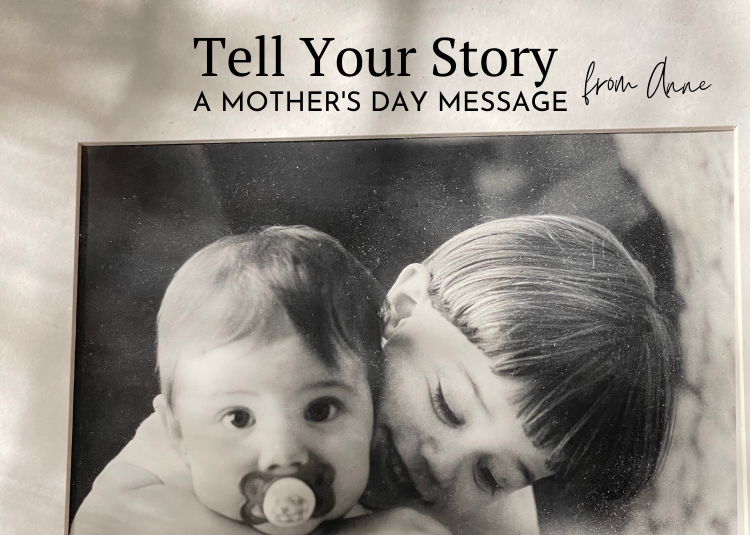
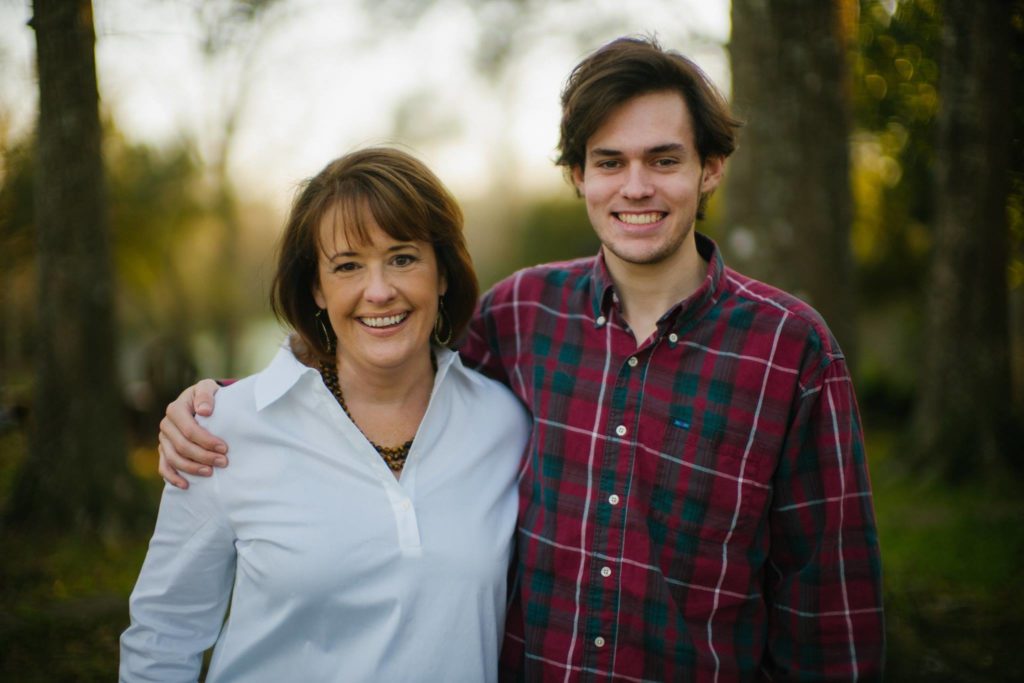
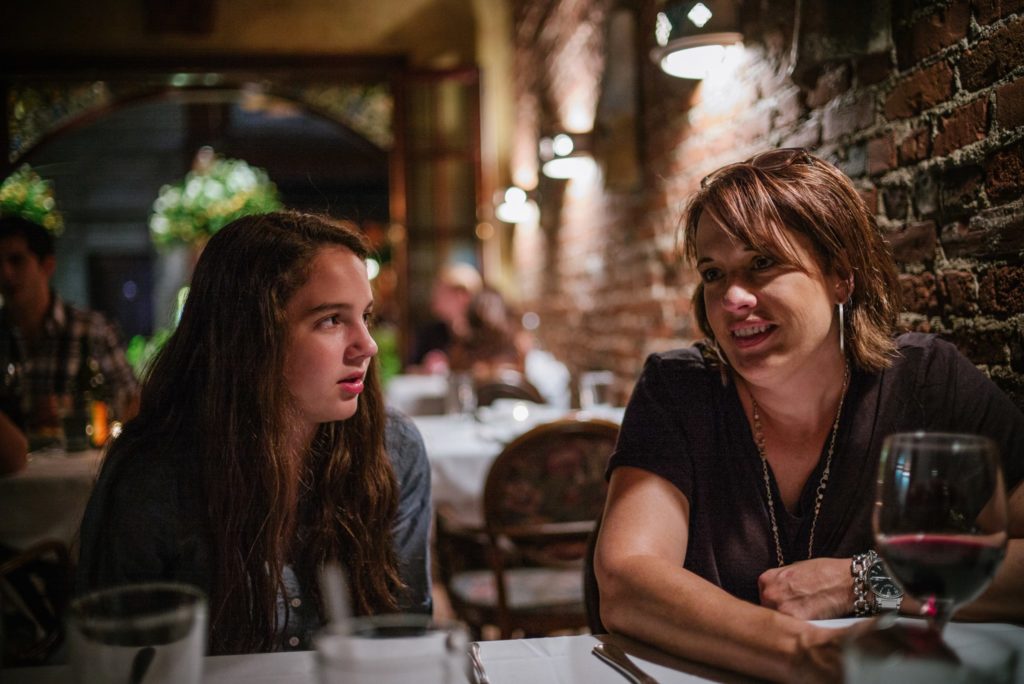
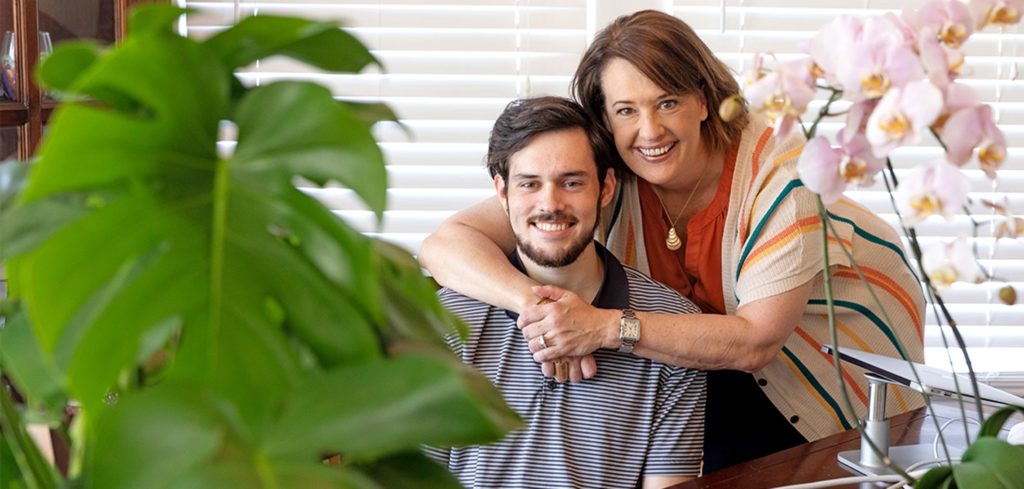

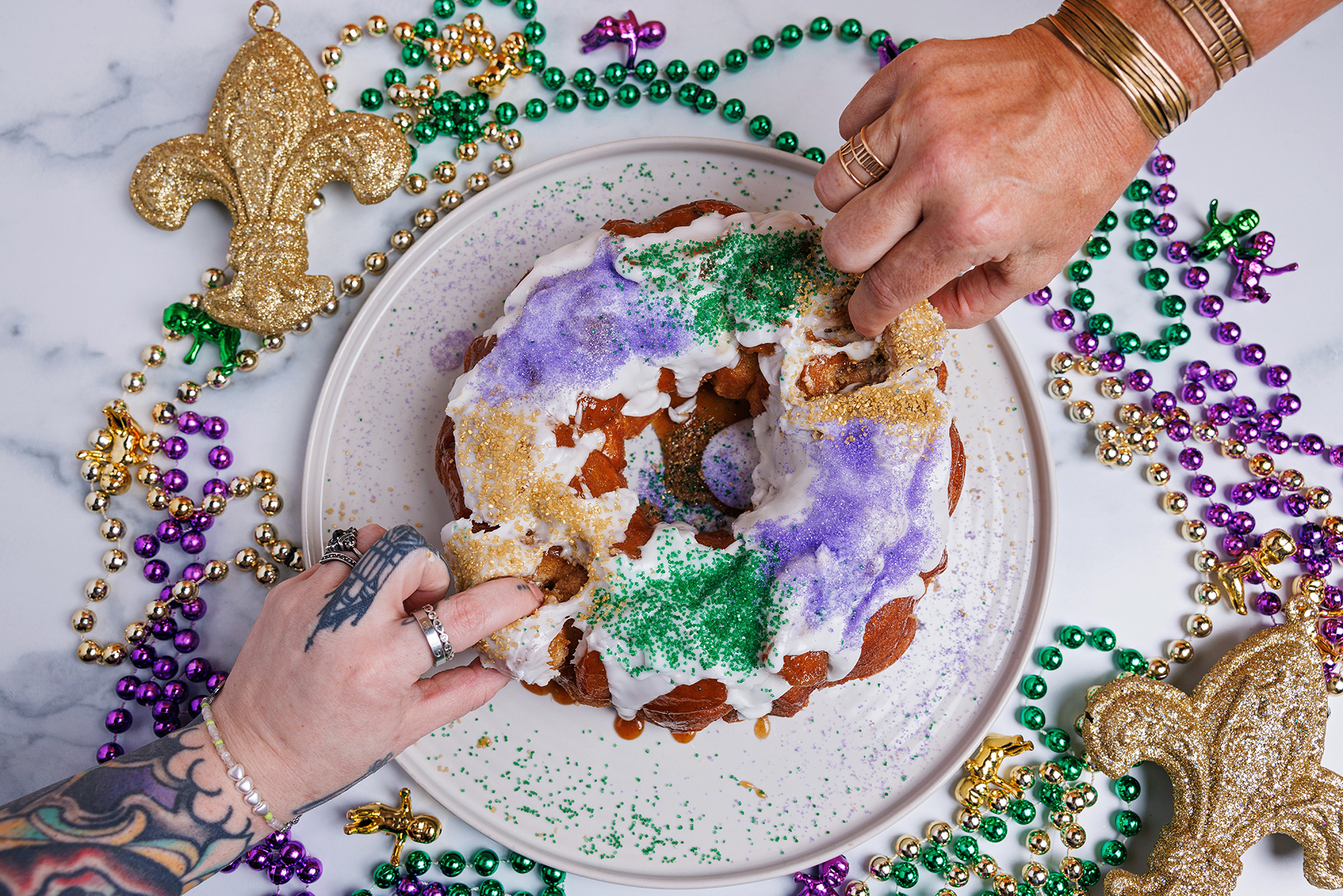

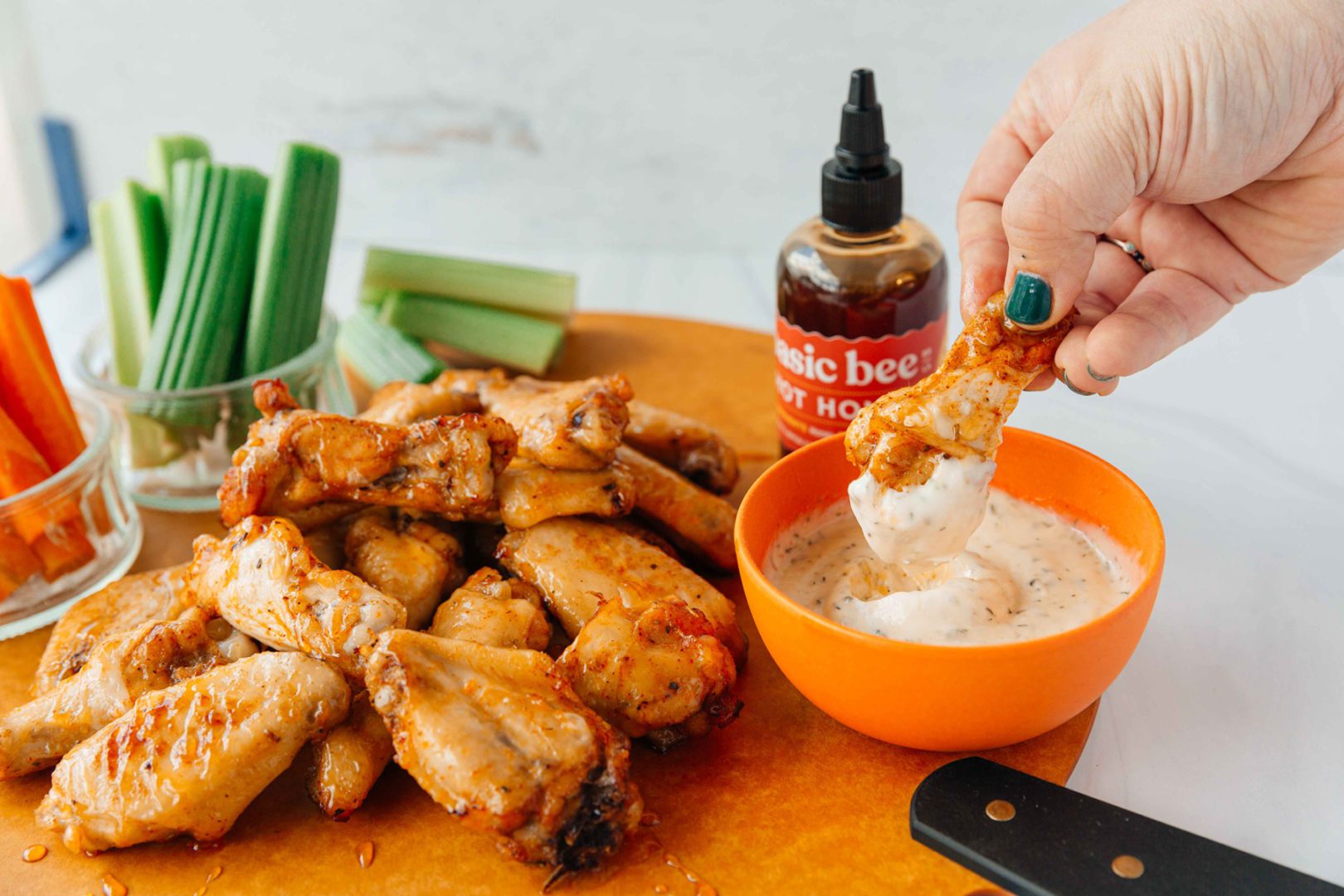

2 Comments
Thank you for being brave enough to own your public bathroom horror story. My kids licked so many surface spaces in public restrooms that I gave up trying to stop them and convinced myself that they were developing strong immune systems. Must have worked, cause the youngest is now 36, and she has never missed a day of school or work due to illness. Thanks for helping me retrieve some (retrospectively) happy public restroom memories.
Thank you for this, Charlotte! I never thought that experience would become a fond memory!